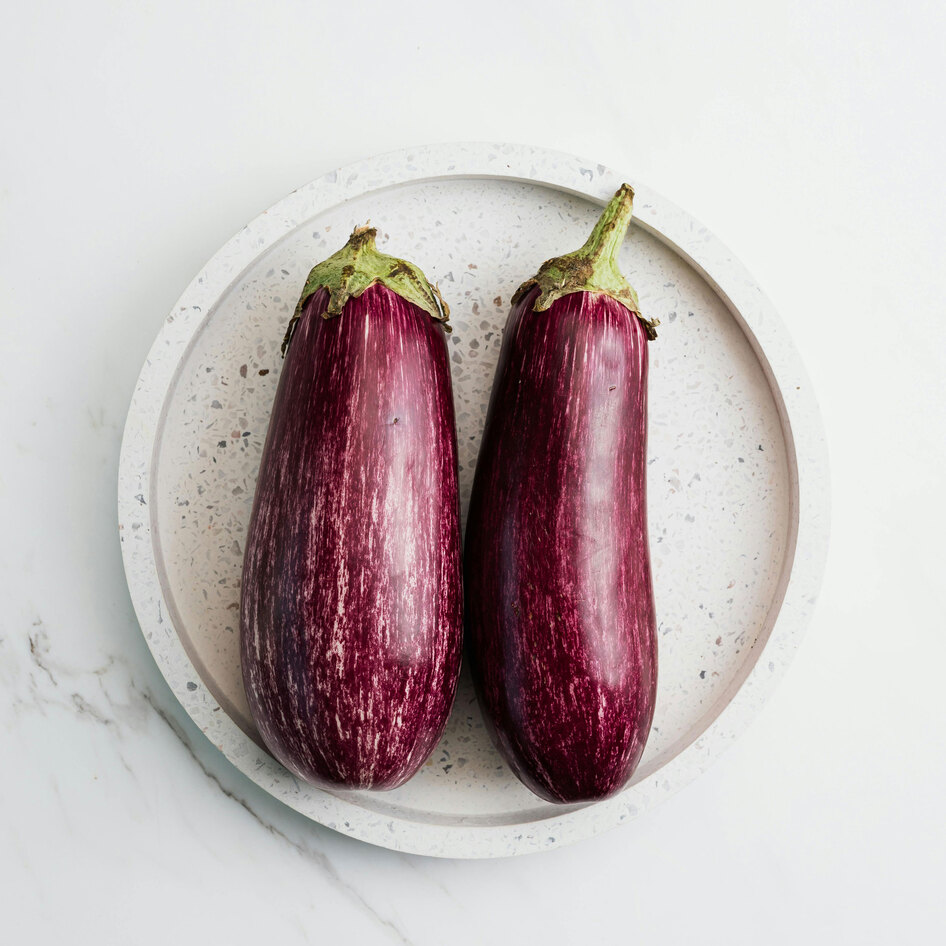Brooke Shields has found that paying attention to hunger cues—and adjusting her meals accordingly—has made a notable difference in her energy and wellbeing. The star, who turned 60 this May, told Women’s Health she now opts for “smaller, more balanced meals” each day to help her stay full instead of sitting down to the traditional three bigger meals. Listening to her body has become a priority.
The idea of ditching the traditional breakfast-lunch-dinner format isn’t new. But its resurgence among celebrities and wellness influencers has put this eating pattern back under the spotlight. A growing number of nutrition experts echo Shields’ sentiment, suggesting that eating every few hours may help with energy, digestion, and even weight regulation. But is it really the best way to eat for everyone?
What the research says
Several studies have explored the impact of eating frequency on metabolism, satiety, and overall health. A 2021 review published in Nutrients found that more frequent meals may help reduce total cholesterol and low-density lipoprotein (LDL) cholesterol, while also improving glucose control in some individuals. However, the authors were quick to note that these benefits were more likely when meals were nutrient-dense and portion-controlled.

On the flip side, researchers at the University of Ottawa Heart Institute found no significant metabolic advantage to consuming six small meals instead of three larger ones, as long as total calorie intake remained the same. In that randomized study, published in Obesity, both groups lost weight at a similar rate, and no difference in fat mass reduction was observed.
Where this gets tricky is how the body processes calories and nutrients, which can differ based on meal timing, sleep cycles, and even genetics. In a 2023 study in Cell Metabolism, early time-restricted eating—eating all meals within an eight-hour window earlier in the day—was shown to improve insulin sensitivity and blood pressure, regardless of meal frequency. This suggests that when you eat might matter just as much, if not more, than how often.
Hormonal and energy effects
Hunger-regulating hormones like ghrelin and leptin play a major role in how frequently you feel the need to eat. Eating smaller meals at regular intervals may help keep these hormones stable, potentially reducing sudden spikes in hunger or cravings.
Spacing out meals every three to four hours can help keep blood sugar levels more consistent, which for many people means fewer energy crashes. This approach isn’t a one-size-fits-all fix, but it works well for those who find themselves feeling ravenous or irritable between traditional meals.
 Adobe
Adobe
In a 2022 study published in the American Journal of Clinical Nutrition, participants who ate six smaller meals reported more stable energy throughout the day compared to those eating three larger meals. However, those in the small meal group also reported higher levels of preoccupation with food, signaling a possible downside for people prone to disordered eating or those trying to reduce emotional eating habits.
Weight management and muscle preservation
One of the most commonly cited reasons for adopting a small-meal routine is weight loss. But while the concept sounds logical—frequent eating keeps the metabolism revved up—scientific evidence does not strongly support this theory.
A widely cited meta-analysis in the British Journal of Nutrition found no consistent association between meal frequency and weight loss. Instead, what mattered more was overall calorie balance and dietary quality. Eating more frequently can sometimes lead to unintentional overeating if portion sizes are not carefully managed.
 Canva
Canva
That said, smaller meals may offer benefits for those seeking to maintain lean muscle mass. According to a study published in The Journal of Nutrition, spreading protein intake evenly throughout the day—rather than consuming the bulk of it at dinner—can better support muscle protein synthesis, particularly in older adults. This is especially relevant for those in midlife and beyond, like Shields.
Gut health and digestion
From a digestive perspective, more frequent meals can be both helpful and harmful, depending on the individual. Those who suffer from acid reflux or bloating may find relief in smaller, spaced-out meals. But others may struggle with constant grazing, which can disrupt the Migrating Motor Complex (MMC)—a cleansing process in the gut that typically activates during fasting periods.
“The number of meals in a day itself isn’t key,” Marissa Kai Miluk, registered dietitian nutritionist, told CNET. “Every person is different and there is research on all ends of the spectrum of how many times a day you ‘should’ be eating.”

BECOME A VEGNEWS VIP: Get exclusive product deals, freebies, and perks galore!
The exception? People with blood sugar disorders or chronic illnesses that require more frequent caloric intake may benefit from eating every few hours, as directed by a healthcare provider.
And, Miluk cautions, “experiencing frequent mood swings, hanger, erratic cravings, insatiable hunger, eating with a sense of urgency and binges are common signs that you may need to reevaluate your eating patterns and relationship with food.”
Customizing meal frequency for your body
The prevailing theme across expert opinions is personalization. Meal frequency should depend on your lifestyle, activity level, health status, and how you feel during the day—not arbitrary rules.
“This is why trusting and tuning into one’s own body is more important than any diet rule or handbook on health,” Miluk said. “A scientific study could say that eating 12 times a day is the best for longevity, but who does that realistically apply to?”
Some people thrive on intuitive eating patterns that shift from day to day. Others benefit from structure and routine, using smaller meals to manage hunger and avoid overeating later. There is no singular right way to eat.
That’s something Shields seems to have figured out for herself. “I’m really starting to realize that if I crave something, I probably need something in it,” she said. “But now I’m better off.”
For more plant-based stories like this, read:
JUMP TO ... Latest News | Recipes | Guides | Health | Subscribe








